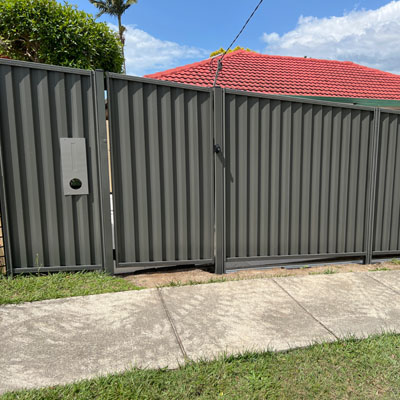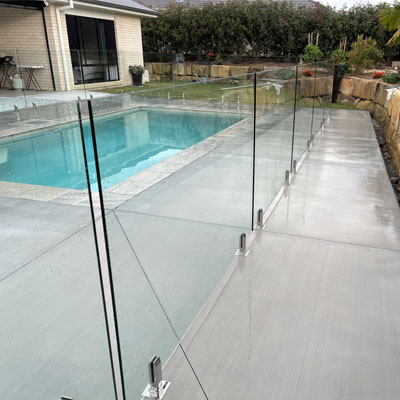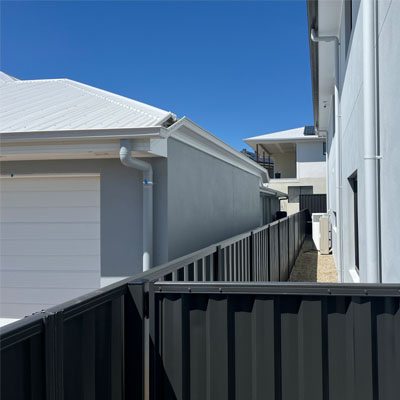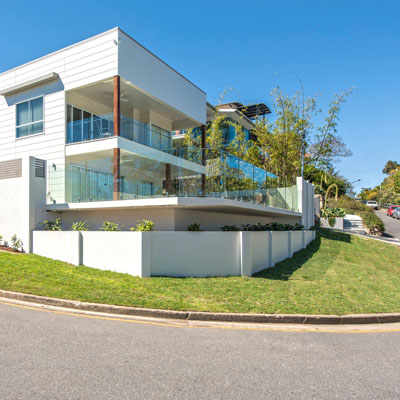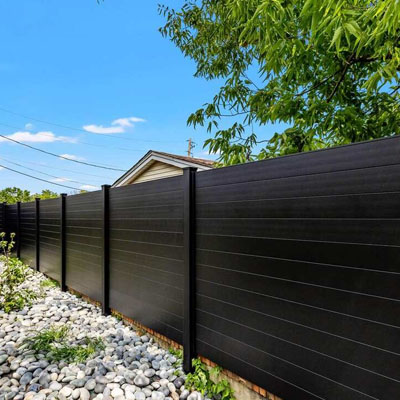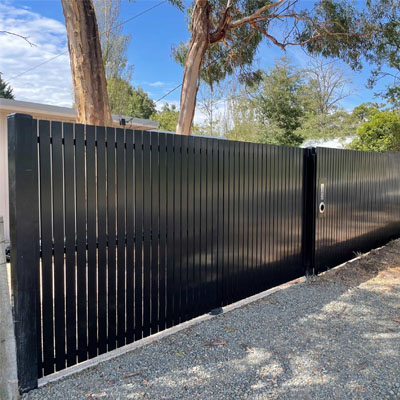How Tall Should My Fence Be? Choosing the Right Fence Height for Your Property
Fence height is one of the most common concerns for homeowners planning a new boundary. Whether it is for privacy, pets, or street appeal, the right height can make or break the function and appearance of your fence. There is no single correct height for every situation. The ideal fence height depends on what the fence is for, what materials are being used, and what local regulations apply.
Choosing the wrong height can lead to visibility issues, neighbour disputes, or non-compliance with council rules. On the other hand, the right height will give your property a polished, well-thought-out boundary that suits both your needs and the local streetscape. Taking time to choose the right height will help you avoid future issues with neighbours, compliance, or usability.

